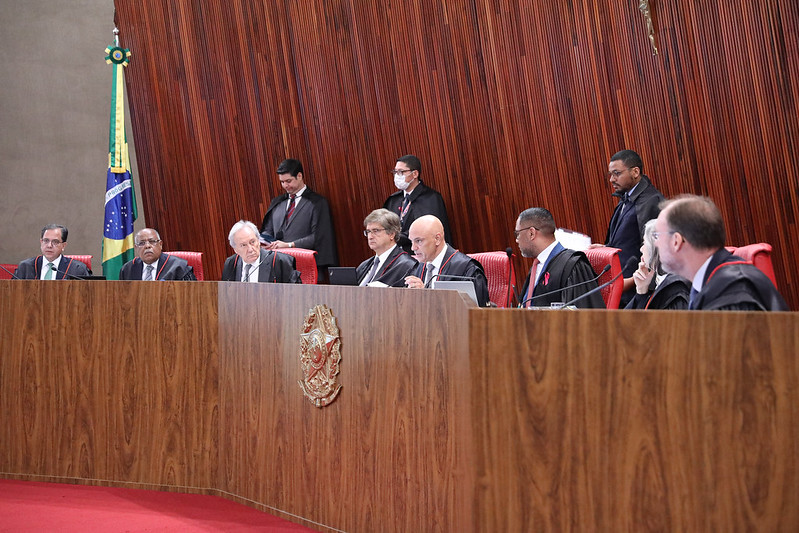Brazil’s Superior Electoral Court, which oversees the country’s elections, will issue a decision on Saturday regarding a request from former President Luiz Inácio Lula da Silva’s campaign to air over 160 right-of-reply spots in place of President Bolsonaro’s televised campaign ads.
On Wednesday, judge Maria Claudia Bucchianeri accepted the request and ruled that Lula’s campaign would be entitled to air a right of reply in 164 of Mr. Bolsonaro’s 200 30-second ads scheduled to air in the final week before the October 30 runoff.
The decision was granted on the grounds that President Bolsonaro’s campaign falsely associated Lula with criminals, claiming that a majority of prison inmates voted for him in the election’s first round. Lula’s lawyers argued that only a small minority of incarcerated people are actually allowed to vote, and polling stations in penitentiaries also include the votes of prison guards.
Separately, a different electoral judge granted Lula 20 rights of reply to Mr. Bolsonaro’s ads calling the former president a “crook” and “corrupt,” and 14 to President Bolsonaro’s campaign due to Lula ads associating the head of state with cannibalism.
However, Ms. Bucchianeri backtracked from her previous decision, suspending the rights of reply until the full electoral court could decide on the matter. The deadline for the decision is late on Saturday night.
If Ms Bucchianeri’s decision is upheld, it would be a tremendous boost to Lula’s campaign, granting the former president almost a monopoly on TV campaign advertising slots.
During election season, campaigns air two types of ads.
For the runoff, TV and radio stations air 5-minute ads from each candidate twice a day. However, throughout the day, candidates are entitled to snappier 30-second ads, seen as more important in winning over undecided voters, catching spectators off-guard by appearing during conventional commercial breaks.
Earlier this month, head electoral judge Alexandre de Moraes censored a digital media outlet and ordered President Bolsonaro and several of his allies to delete references to a story claiming Marcos Willians “Marcola” Herbas Camacho — the leader of Brazil’s largest criminal gang — had “declared his vote” for Luiz Inácio Lula da Silva.
Yesterday, the court also granted itself more powers in its ongoing fight against what it calls electoral disinformation.


 Search
Search






































